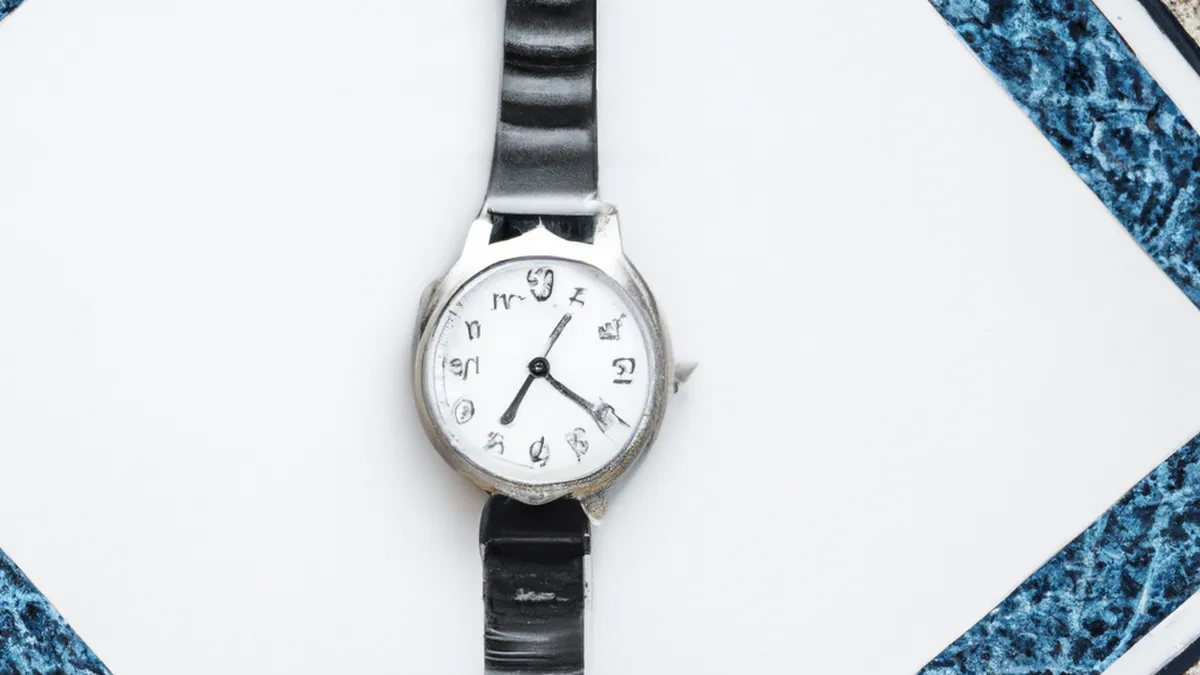Stress Recovery Starts with Restful Nights
The Importance of Sleep for Stress RecoverySleep significantly impacts our health and well-being, especially during stressful times. Many people ignore how much sleep aids stress recovery. This post discusses why sleep matters, offers tips to improve sleep quality, and highlights its benefits.
Understanding the Connection Between Sleep and Stress
Stress triggers our bodies to enter a heightened alert state. Stress hormones like cortisol surge to help us face challenges. Short bursts of this “fight or flight” response can benefit us, but chronic stress harms us, especially with sleep deprivation.The sleep-stress relationship is cyclical. Stress often worsens our sleep quality. Inadequate sleep raises stress levels, complicating our ability to handle daily challenges. Stress can cause insomnia, while poor sleep increases anxiety and irritability, creating a tough cycle to escape.
The Physiological Role of Sleep in Stress Recovery
As an Amazon Associate I earn from qualifying purchases.
Gear tip: consider desk cycle, ergonomic footrest, and insulated water bottle to support this topic.
Sleep actively helps the body perform essential functions. During sleep stages, especially deep sleep, our bodies repair, consolidate memories, and regulate hormones. Here’s how sleep aids stress recovery:
Hormonal Regulation
Sleep regulates hormones like cortisol. Adequate sleep lowers cortisol levels, promoting relaxation and recovery. Chronic sleep deprivation raises cortisol, contributing to anxiety and stress.
Emotional Processing
Sleep helps regulate emotions. Research shows that the brain processes emotional experiences during sleep, aiding our understanding of feelings. This processing is vital for effective stress coping. Insufficient sleep disrupts emotional regulation, making stress responses harder.
Memory Consolidation
Sleep supports memory consolidation. It allows the brain to process and store information, enabling learning and adaptation. When well-rested, we recall information easily and respond to challenges clearly, reducing stress.
Immune Function
Quality sleep strengthens the immune system. It helps the body repair and regenerate, enhancing immune responses. High stress can compromise immunity, increasing illness risk. Adequate sleep combats these effects, promoting overall health.
Tips for Improving Sleep Quality
Prioritizing sleep quality is essential for stress recovery. Here are actionable tips to enhance your sleep:
Create a Comfortable Sleep Environment
Your sleep environment affects your ability to fall and stay asleep. Keep your bedroom dark, quiet, and cool. Use blackout curtains or eye masks to block light and earplugs or white noise machines for sound.
Conclusion
Sleep plays a vital role in stress recovery. Prioritizing quality sleep enhances emotional regulation, memory consolidation, and immune function. Make sleep a priority to improve your overall health.
Below are related products based on this post:
FAQ
Why is sleep important for stress recovery?
Sleep is crucial for stress recovery as it helps regulate hormones, process emotions, consolidate memories, and strengthen the immune system. Adequate sleep lowers cortisol levels, promotes relaxation, and enhances our ability to cope with stress. Without sufficient sleep, individuals may experience heightened anxiety and impaired emotional regulation.
How does stress affect sleep quality?
Stress can significantly worsen sleep quality by triggering insomnia and increasing anxiety and irritability. This creates a cyclical relationship where poor sleep further elevates stress levels, making it difficult to manage daily challenges. The inability to achieve restorative sleep can hinder effective stress coping mechanisms.
What are some tips for improving sleep quality?
To improve sleep quality, create a comfortable sleep environment by keeping your bedroom dark, quiet, and cool. Consider using blackout curtains or eye masks to block light and earplugs or white noise machines to minimize sound disturbances. Prioritizing these factors can enhance your ability to fall asleep and stay asleep.















Post Comment